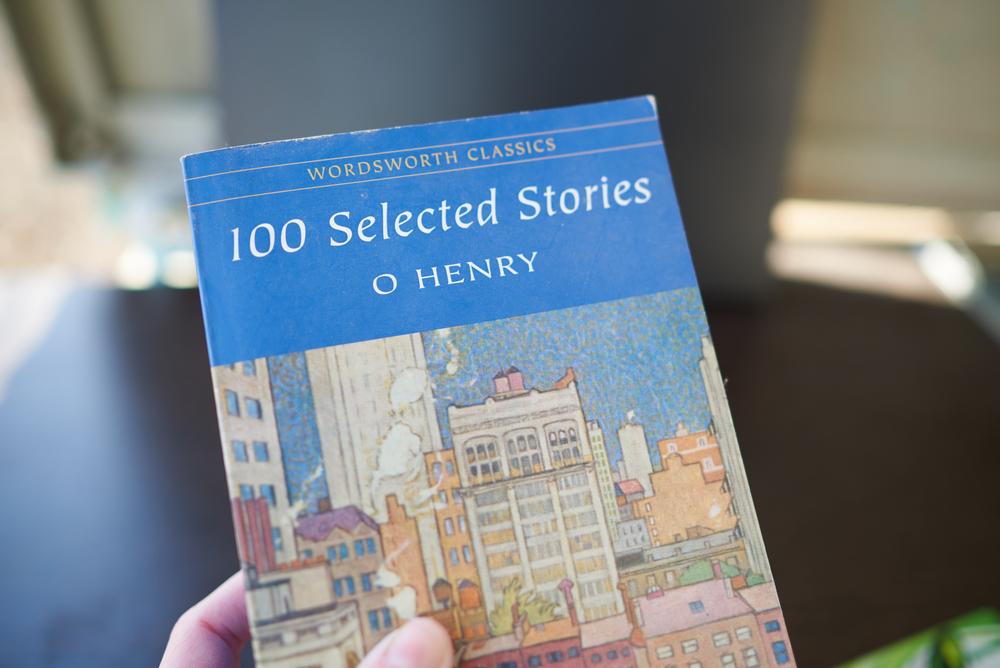“One dollar and eighty-seven cents. That was all. And sixty cents of it was in pennies. Pennies saved one and two at a time by bulldozing the grocer and the vegetable man and the butcher until one’s cheeks burned with the silent imputation of parsimony that such close dealing implied. Three times Della counted it. One dollar and eighty-seven cents. And the next day would be Christmas.”
So begins O. Henry’s “The Gift of the Magi,” one of the sweetest, most concise, and best-written short stories in the English language. Della wants to buy a watch chain for her 22-year-old husband, Jim Young, but has no money. What she does have is a cascade of hair that might have, as O. Henry tells us, depreciated the Queen of Sheba’s jewels and gifts. She sells her hair, buys Jim a beautiful chain for his watch, and presents him with her gift, once he recovers from the shock of her missing tresses.






